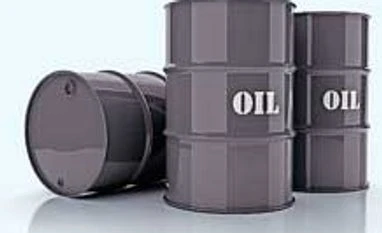At the same time, it says, "Priority needs to be accorded to food subsidy, in view of the under-consumption of basic food by the poor and the extent of malnutrition."
On this leading to a higher subsidy outgo, the Survey says this is a part of the challenge of prioritisation, to provide for this basic need while controlling other items of spending. It said the food subsidy has been growing at an average annual rate of 25.4 per cent in the past five years, of which the bulk goes to the Targeted Public Distribution System.
The Survey clearly indicates fiscal consolidation will be on the back of reduced petroleum subsidies. "The domestic prices of petroleum products, particularly diesel and liquefied petroleum gas (cooking gas) need to be raised in line with the prices in international markets," it said. It said a little over 92 per cent of the Budget estimate of the subsidy bill was spent by December (with three months still to go in the financial year).
To check the rising subsidy burden, the government had allowed the raising of diesel prices by Rs 5 a litre and capped the number of subsidised cooking gas cylinders at six a household in a year, in September 2012.
Further, last month, it allowed oil marketing companies to henceforth raise diesel prices in small measures periodically. However, to protect household budgets, it simultaneously raised the annual LPG cap from six to nine cylinders.
But with international crude oil prices averaging $107.52 a barrel in the first three quarters, the payout to check the domestic retail price of automobile and cooking fuels, and fertilisers, will see a substantial rise.
"While the Budget for 2011-12 had estimated total expenditure to be contained at 14 per cent of GDP, there was an overshooting on account of the high global oil prices and the insufficient pass-through to domestic oil and fertiliser prices," said the Survey.
The government has pegged the oil subsidy at Rs 43,580 crore, food subsidy at Rs 75,000 crore and fertiliser subsidy at Rs 60,974 crore.
)